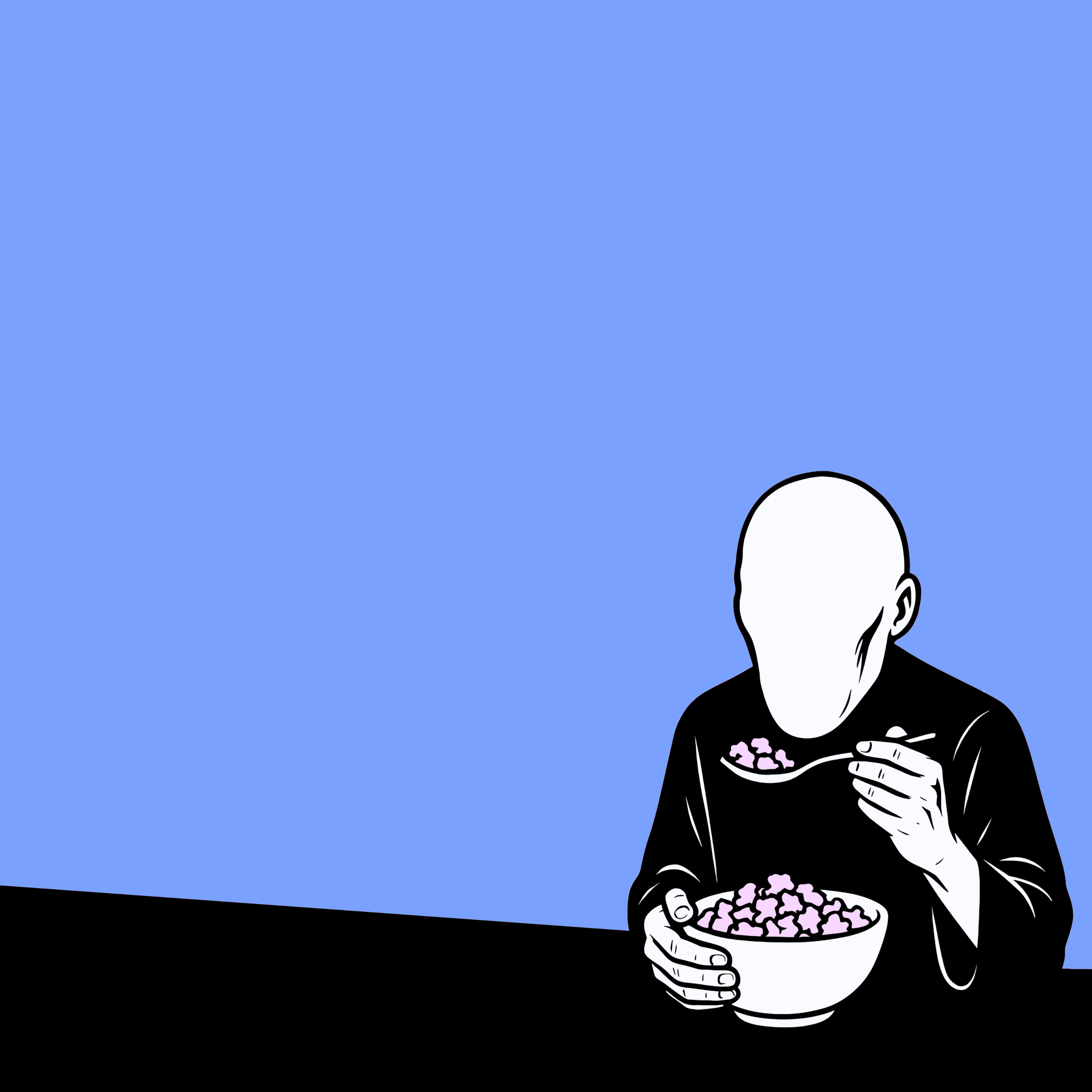
Victoria House - Part 4 of 9
Mr. Column stood beneath a suspended plant pot, positioned atop the window outside, seemingly impervious to the heavy rain that cascaded around him. Neither his scraggly shoulder-length hair nor his coat were blowing with the wind. By this point, the rain was so heavy that large pools of water had formed in dips in the shingle where cars had driven through. I could see rainwater dropping onto his shoulders as it spilled from the pot, but there appeared to be no impact splash. He stared back and shrugged, as if to suggest I should be doing something I wasn’t. Then he pointed toward the entrance, pushed his index finger against his thumb, and made a turning motion with them.
I promptly informed Mrs. Tapscott of Mr. Column's arrival and the issue with entry. Perplexed, she ventured through the double doors to the offices and reception area. Turning back, I saw Mr. Column strolling calmly to my left. Racing after Mrs. Tapscott, I joined her through the double doors to find her conversing with Mr. Column through a letterbox. A beam of sunlight pierced the darkness of the windowless entrance hall. A tingling sensation crawled across my skin.
As Mrs. Tapscott searched for light switches, Mr. Column held open the letterbox, allowing sunlight to filter in. Peering through, I could see nothing but darkness outside, despite the illumination on our side of the door. Thunder rumbled, and heavy rain continued, but Mr. Column insisted he was bathed in winter sun, even stating in bad taste that the residents' behaviours were rubbing off.
After a thorough exploration of every accessible office from the reception, Mrs. Tapscott ascended a flight of stairs, instructing me to wait in the main hall. Mr. Column decided to retreat to his car. Following orders, I settled into the reading corner of the main hall, hoping that immersing myself in a book would ward off the feeling of impending doom and swiftly pass the time until the return of the bearded man.
I had been carrying Summonitores Libro in the back of my trousers, hidden under my school blazer. Having flicked through the first three pages, my interest had been instantly piqued by the bizarre images and I decided it was worth the risk—and the wrath of my father—to sneak it out of Victoria House and get it home. I had time to have a closer look and digest some of its content. Much to my annoyance, the book was written in a foreign language.
I examined the images, most of them animals reminiscent of the kind in Dungeons and Dragons. Along with beasts from known fantasy lore, like fairies and the manticore, were demons, horned clouds, and wisps riding bulls and warthogs. The images were illustrated beautifully in black ink, the vision of each monster realised with a shading style that made them bulge from the pages. One in particular caught my attention: a strikingly beautiful woman, dark tattoos covering her bare chest and donning a crown with horns. Her body invited lust. Her eyes dared me into a touch. I ran my fingers across the image and was taken away.
London was under siege. Its people were stooped, eyes firmly on the stone bricks, lifting their heads only to gauge the next ten steps. There was no danger of bumping into one another. They dared not touch. Most did not leave their homes.
The Black Death could not sympathise with the repercussions of its presence. It knew nothing of clemency. It thrived in the weakened human spirit, the pessimism working as fuel in the body for its abduction of it. The plague had killed many. Starvation and isolation, many more.
The wealthy steered clear of the accumulated filth in the neighbouring streets, relying on their stores and city gardens for sustenance. Many of them greeted one another as they always had, with warm smiles and open arms. The merchant Otto, a follower of Christ, offered daily prayers for the sick.
Oliver, a tanner’s assistant, was afflicted. With opaque, failing eyes, he forced himself up from his position under Otto’s kitchen window and staggered toward the market square, feeling along the familiar stone of houses and shops. There, representatives of the Brotherhood of the Holy Trinity tended to swaths of infected people under a silk tent. Writhing and groaning with delirium, the keening echoed through the narrow streets and the walkways of the canals, vocalising the eerie morning mist as if it were a disgruntled apparition.
As the tanner arrived at an oak desk at the tent entrance, he crumpled into his own footprint. The attendant shouted for his colleagues, muffled by two inches of knitted scarf wrapped around his mouth and nose. A beaked plague doctor parted the tent curtains with two fingers to observe, then blew on a short wooden flute.
Otto the merchant had planted a seed of hatred in the tanner. Lying on a narrow plinth, surrounded by beaked figures in black garments, he became vociferous in his contempt.
'He did not feed me. He did not quench my thirst. He did not offer me warmth. Is love not an action? Is an eternal inheritance not worthy of an intercession?'
The plague doctor Ruben had observed the tanner’s slumped body at the merchant's window on his way to the tent every morning, for a full month. He stayed by Oliver’s side until sunset and caught the tanner’s last gasp before reaching into his pocket for a stocky and tightly rolled scroll. He whispered a secret from its passages into the howling gale at the tent entrance, then returned to his duties.
Otto, complacent, had considered his soul secure with God, though an angel was perturbed by the merchant’s lack of action.
'I see his clean water, full store cupboards, and personal physician. Why does this man have compulsions to pray for assistance from God when he knows perfectly well the tools to restore the tanner are stocked in his pantry? He feeds and waters his goat, but has nothing spare for this man? The blessings bestowed upon him were for untested service. Now that he is in conflict with the Black Death, should those blessings be hoarded? To God, this is murder of the spirit. He will not help him. God will let the demon have its mischief.'
Otto could not hear the angel. His heart was firmly hardened, aligned with fleshy fear. He continued to pray for the sick, quietly and ineffectually. Full of misplaced confidence in his place with God, he returned from church with a skip in his step. As he entered his home, the merchant tilted his head to better hear the singing of local children—and was filled with terror.
‘London is in trouble with the Lord, its people wear his wounds,
the poor were first, their wounds did burst, now the merchant has it too.’
Otto rushed through his door; its slam coincided with sudden darkness. With arms outstretched, he staggered blindly through an atmosphere thick with unease. A stream of light appeared before him, revealing the deceased tanner on a bed of quivering moss. Feeling an itch on his hand, the merchant raised it to the light and saw a boil-like swell. He screamed for an explanation from God, then for His help.
Over the drone of flies, the merchant once again heard the singing of children:
‘For the merchant in his bubble, kept the lifeblood in his stores,
and as London cried for help, the merchant kept it all.
A wheel of cheese for the tanner. A wheel of cheese for the tanner.’
I yanked my hand from the page as if from the jaws of a guillotine. I had seen something inexplicable—through the eyes and ears of people I could never meet, from a time I could never be truly present. It had all played out not as a dream or imagined scene, but as a vivid, living moment, observed from above. I had hovered over cobbled alleys and crooked rooftops, gliding on silent wings through a city ravaged by disease and dread. I had been a watcher—a bird, unseen, drifting above despair and judgement. It had been real. Too real. And now that I’d returned, something in me was different. As though a thin veil had lifted—one I hadn’t known was there.
